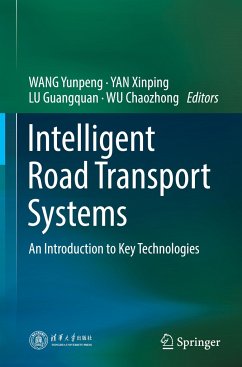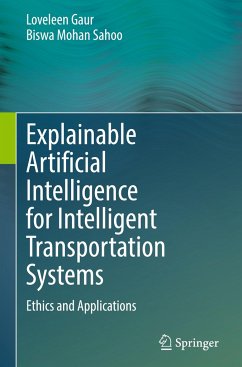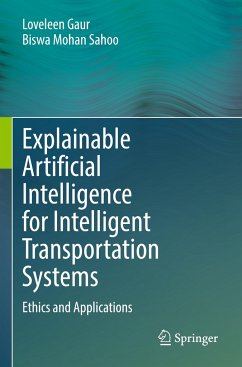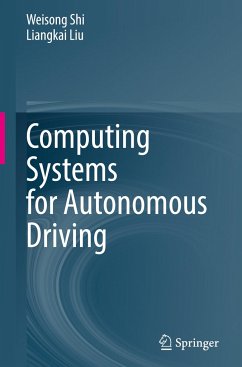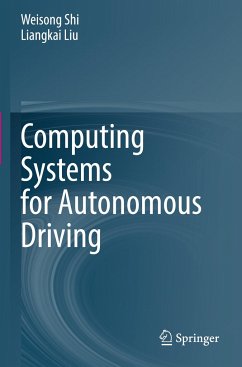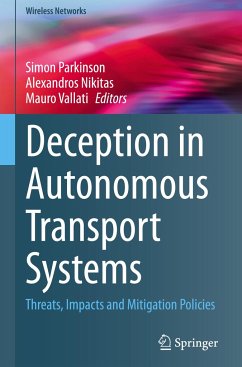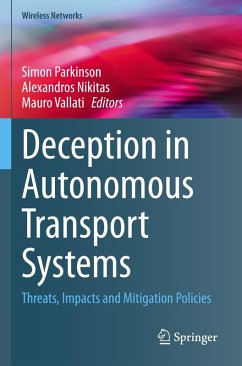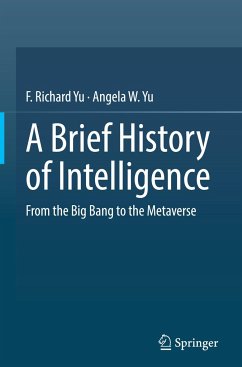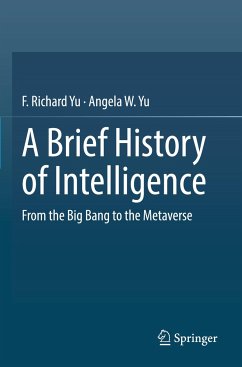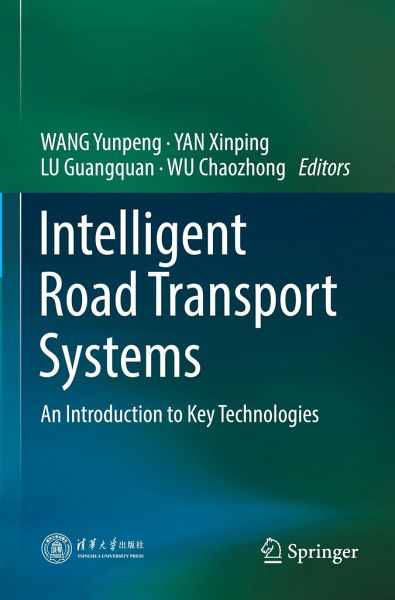
Intelligent Road Transport Systems
An Introduction to Key Technologies
Herausgegeben: Wang, Yunpeng; Yan, Xinping; Lu, Guangquan; WU, Chaozhong
Versandkostenfrei!
Versandfertig in 6-10 Tagen
129,99 €
inkl. MwSt.

PAYBACK Punkte
65 °P sammeln!
In recent years, the application of intelligent transportation systems (ITS) has steadily expanded, and has become a hot spot of common interest to universities, scientific research institutes, enterprises and institutions in the transportation field. ITS is the product of the deep integration of modern high-tech in the transportation industry, and its development has accompanied that of modern high-tech. ITS is now also becoming part of the Internet of Things (IoT), and is expected to contribute significantly to making our cities smarter and connecting with other infrastructure. Although ther...
In recent years, the application of intelligent transportation systems (ITS) has steadily expanded, and has become a hot spot of common interest to universities, scientific research institutes, enterprises and institutions in the transportation field. ITS is the product of the deep integration of modern high-tech in the transportation industry, and its development has accompanied that of modern high-tech. ITS is now also becoming part of the Internet of Things (IoT), and is expected to contribute significantly to making our cities smarter and connecting with other infrastructure. Although there are many monographs and textbooks on intelligent transportation, with the advancement of technology and changes in demand, the key technologies of ITS are also rapidly changing.
This book chiefly focuses on the main technologies of ITS, examining them from four perspectives: "sense" (perception and management of traffic information, chapters 2 & 3), "transmission" (interaction of traffic information, chapter 4), "prediction" (prediction of traffic states, chapter 6) and "application" (intelligent transportation applications, chapters 6 through 10). Given its scope, the book can be used as a textbook for undergraduates or graduates, as well as a reference book for research institutes and enterprises.
This book emphasizes the use of basis traffic engineering principles and state-of-art methodologies to develop functional designs. It largely reflects the authors' own experience in adapting these methodologies to ITS design. For example, the book addresses various forms of data collection, models used to predict and evaluate traffic states, comprehensive description in connected vehicles, applications for users and traffic managers, etc. The knowledge gained here will allow designers to estimate the performance differences among alternatives and gauge their potential benefits for functional design purposes. To gain the most from the book, readers should be somewhat familiar with the field of traffic engineering and interested in ITS.
This book chiefly focuses on the main technologies of ITS, examining them from four perspectives: "sense" (perception and management of traffic information, chapters 2 & 3), "transmission" (interaction of traffic information, chapter 4), "prediction" (prediction of traffic states, chapter 6) and "application" (intelligent transportation applications, chapters 6 through 10). Given its scope, the book can be used as a textbook for undergraduates or graduates, as well as a reference book for research institutes and enterprises.
This book emphasizes the use of basis traffic engineering principles and state-of-art methodologies to develop functional designs. It largely reflects the authors' own experience in adapting these methodologies to ITS design. For example, the book addresses various forms of data collection, models used to predict and evaluate traffic states, comprehensive description in connected vehicles, applications for users and traffic managers, etc. The knowledge gained here will allow designers to estimate the performance differences among alternatives and gauge their potential benefits for functional design purposes. To gain the most from the book, readers should be somewhat familiar with the field of traffic engineering and interested in ITS.





